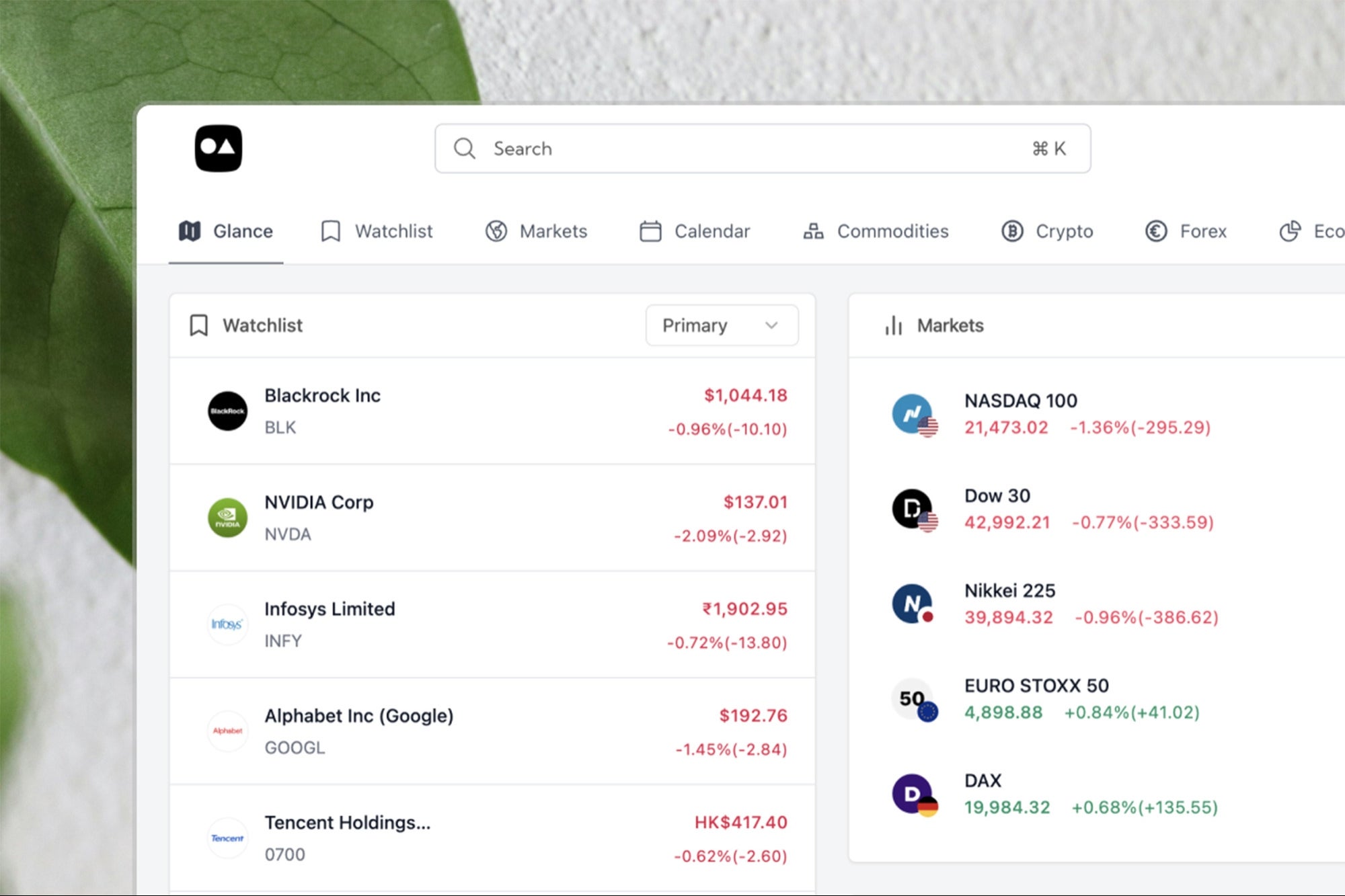Why Radical Transparency (With Staff and Customers) Is Good for Business During the pandemic, BIZ Experiencess shared information like never before. That's not going away.
This story appears in the December 2020 issue of BIZ Experiences. Subscribe »

In times of crisis, experts often have the same advice: Be transparent. There's good reason for that. "People see the news; they can read the writing on the wall," says Ana Mendy, a partner with consulting firm McKinsey & Company. "Transparency is how leaders build trust. We call it "candor over charisma.' "
At the onset of the COVID-19 crisis, most businesses took that advice. They started by sharing the literal lifesaving measures they'd taken to keep communities safe, but then something shifted, Mendy says. Businesses began sharing in ways they'd never done before — opening up about their day-to-day struggles, and starting very public dialogues with worried or confused customers. "Before, our clients would have never thought to do something broad-based on Zoom or in a two-way format," Mendy says. And now, she doesn't think it'll ever go away. "I expect the mode of communication may also shift moving forward in a way that flattens organizations and puts leaders at the center."
In the past, a little bit of honesty went a long way. In the future, people may expect a lot of honesty — and it could create lifelong loyalty among customers and employees.
Related: How Transparency Became a Top Priority for Businesses, and Why You Should Care
Jamie Erickson (pictured) is a perfect case study. She owns Poppy's, a Brooklyn catering company. Pre-pandemic, the bulk of her business came from events, but she also sold pastries and seasonal fare out of a small café storefront three days a week. "The café was like a marketing arm for us; it was not paying our salaries," she says. But once COVID-19 hit and her events business evaporated, the café was all she had.
In normal times, Erickson had a newsletter that she used to tell people about the café's offerings. Now she started sending emails that were unusually frank — updating people on the state of her business, sharing that PPP funds were delayed, admitting that her plan to have customers order ahead wasn't working, and encouraging people to buy gift cards to help with cash flow. "If I feel something," she says, "I share it."
Experts say it's a smart strategy — now, and for later. "It's brilliant because she's getting you to understand her world," says Paul A. Argenti, professor of corporate communications at the Tuck School of Business. "She's not asking you to feel bad for her, but she's creating empathy while still making the customer a priority."
Related: Why You Need to Integrate Transparency Into Your Culture
This kind of communication may naturally come easier to small-business owners, most of whom have already cultivated a more intimate relationship with their community, says Mendy. But for anyone still feeling squeamish about putting it all out there, she has a simple solution.
"Just try it in a small way," Mendy says. "Have a Zoom, talk directly to folks, take questions. Build up that muscle. When you do it once, it dispels the myth."
As for Erickson, she's starting to feel confident that her business will survive. "But I know that our situation could change any day of the week," she says. And if it does, she'll keep her community posted.












